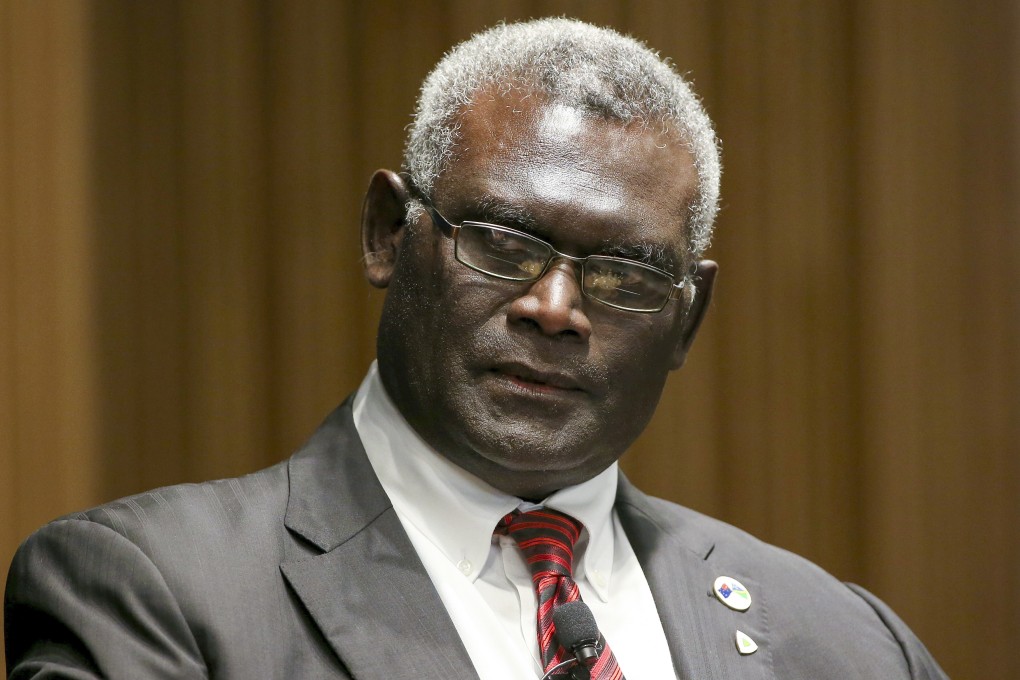Editorial | Concern over China’s Solomons treaty is an outdated position
- Australia, New Zealand and the United States are worried that Beijing’s growing influence in the South Pacific is threatening their traditional regional dominance. But with the Cold War having long ended and governments free to choose alliances and partners, such thinking is disrespectful

All nations have equal rights, no matter how small their size and population. The security treaty the Solomon Islands plans to forge with China is a matter of sovereignty and perceived as being of mutual benefit.
Yet it has caused concern for Australia, New Zealand and the United States, worried that Beijing’s growing influence in the South Pacific is threatening their traditional regional dominance. But with the Cold War having long ended and governments free to choose alliances and partners, such thinking is outdated and disrespectful.
Solomon Islands Prime Minister Manasseh Sogavare said as much in parliament recently when confirming the deal, contending it was “very insulting to be branded as unfit to manage our sovereign affairs or have other motives in pursuing our national interest”.
Under the agreement, which has still to be formally worded and signed, Chinese police, military and other armed forces could be stationed for reasons including assisting in “maintaining social order”.
Warships would also be able to stop at the islands and replenish supplies, which prompted Western speculation that Beijing also intended to establish a naval base.
